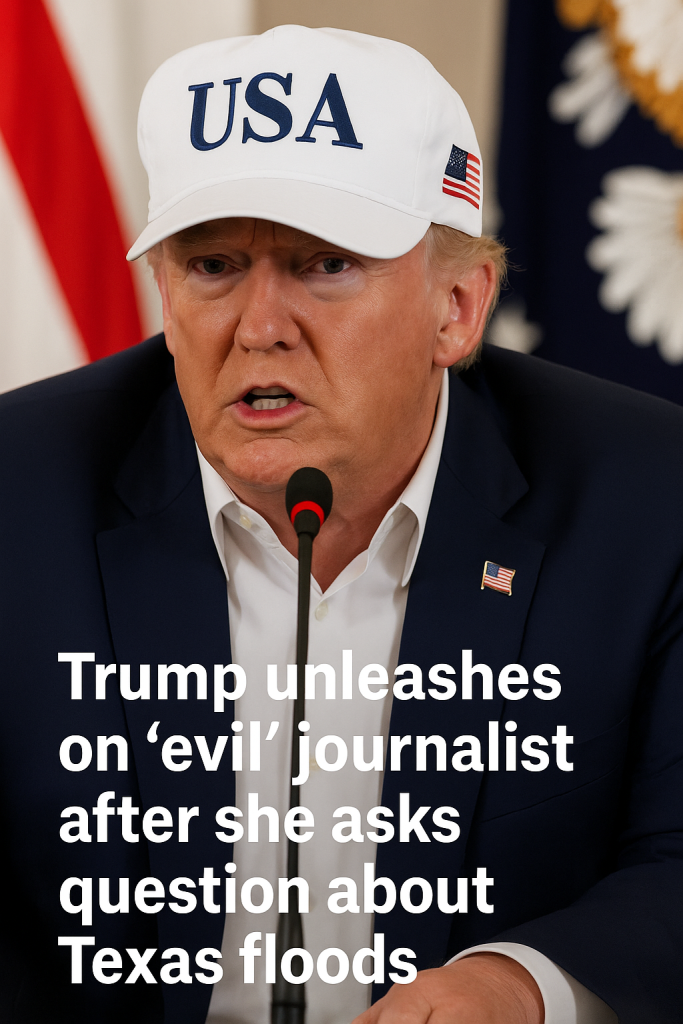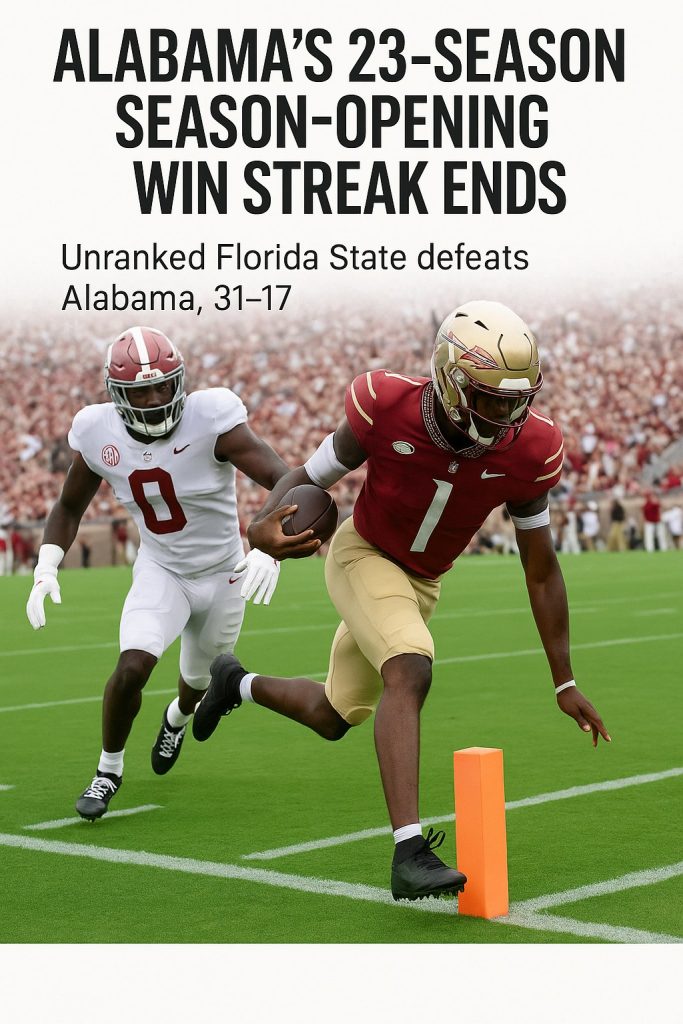In a heated exchange that has quickly gone viral on social media, former President Donald Trump has come under fire after reacting aggressively to a journalist’s question about the recent devastating floods in Texas. The incident, which unfolded during a public appearance earlier this week, has been widely condemned by observers who labeled Trump’s response as “disgusting.”
During the interview, the journalist sought to address concerns surrounding the state’s flood management and emergency response following a series of severe storms that caused significant damage and displacement in parts of Texas. Instead of providing a measured answer, Trump abruptly attacked the reporter, calling her “evil” in what many perceive as an unwarranted and personal assault.
The Context of the Exchange
Texas has recently experienced historic flooding, with authorities and local communities scrambling to respond to the widespread destruction. The issue is particularly sensitive, as it impacts thousands of residents still recovering from the storm’s aftermath, highlighting challenges in infrastructure resilience and disaster preparedness.
In this backdrop, journalists have intensified efforts to question political figures about their stance and planned responses to the crisis. However, Trump’s confrontation with the reporter deviated from typical political discourse, drawing sharp criticism from both sides of the aisle.
“Why does this keep happening?” wondered many users on social media, where clips of the exchange amassed millions of views within hours. The aggressive rhetoric was seen as detracting from an important conversation about public safety and recovery efforts.
Public and Media Reactions
The backlash was swift. Critics argued that Trump’s language was not only unprofessional but also undermined the role of the press in holding public figures accountable. Opponents asserted that labeling a journalist as “evil” for asking legitimate questions is a dangerous precedent that discourages transparency and open dialogue.
Supporters of Trump, however, defended his response, suggesting that the reporter’s line of questioning was unfair or politically motivated. Some echoed his sentiment that the media often pursues an agenda rather than seeking truthful answers, framing Trump’s remarks as a candid expression of frustration.
Broader Implications
This episode raises larger questions about political discourse in the United States, particularly regarding how leaders engage with questions about critical issues like natural disaster preparedness and response. Experts note that while tough questioning is essential in a democracy, respectful communication remains key to constructive dialogue.
As Texas continues to deal with the fallout from the floods, many are calling for renewed focus on solutions rather than conflicts. The episode serves as a reminder of the challenges facing officials and journalists alike in navigating difficult conversations during times of crisis.
Looking Ahead
There have been no apologies or clarifications from Trump following the incident, leaving the debate over his conduct unresolved. Meanwhile, public officials in Texas and beyond continue their efforts to address the emerging needs in flood-stricken communities.
With social media amplifying every moment, the interaction between Trump and the journalist has exemplified how quickly public figures’ off-the-cuff remarks can spark wide-reaching debate—and why the tone of those remarks matters as much as their substance.



